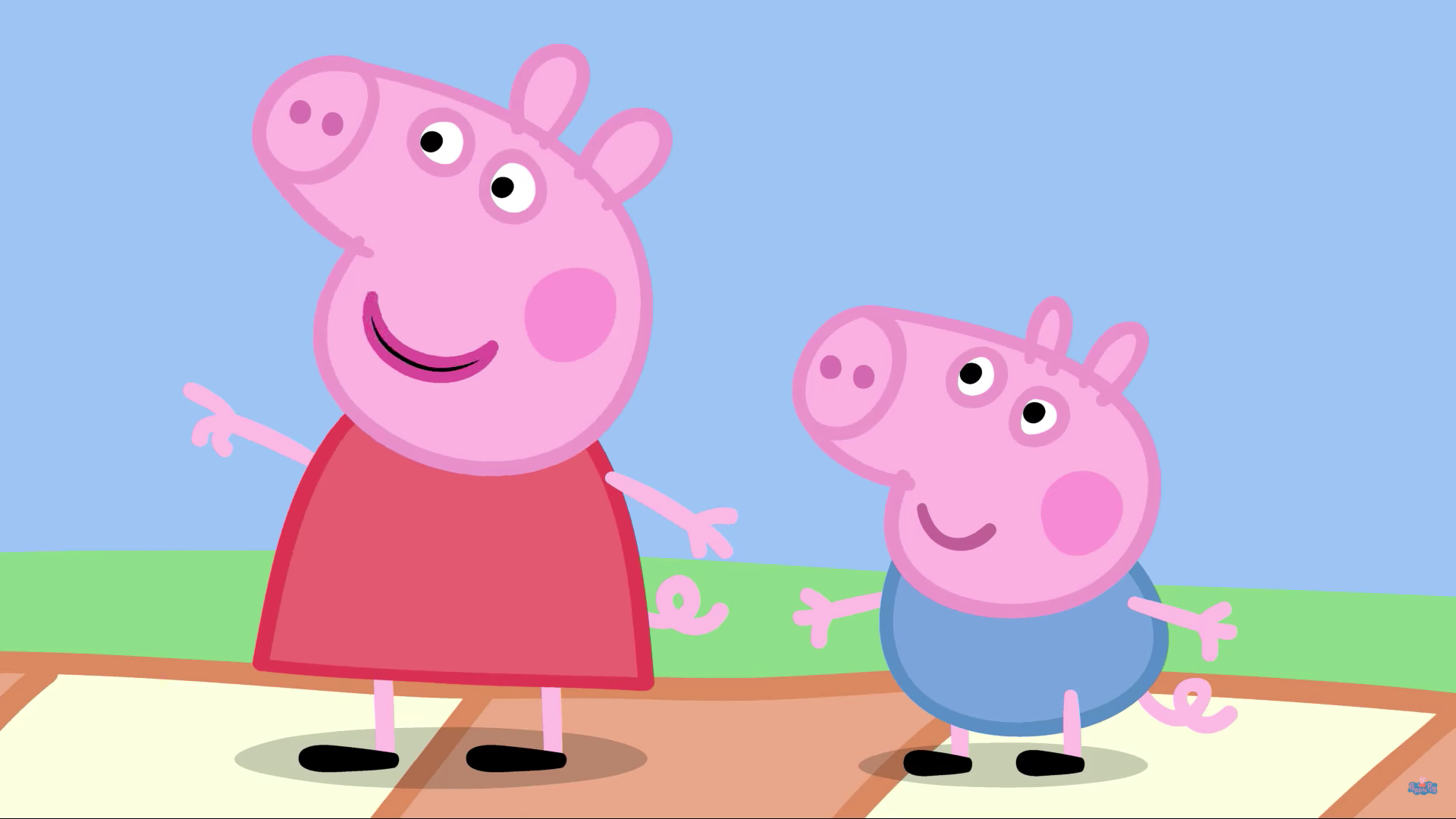- One of China’s largest video-sharing apps has banned Peppa Pig from its platform.
- The Chinese government has heavily criticised Peppa Pig for being a “negative influence” on the country’s pre-school children and young adults in the past.
- The British cartoon has become a bit of a cult among China’s young adults, who have depicted Peppa Pig as an icon of Chinese “slackers” who run against Communist Party ideals.
One of China’s largest apps has banned Peppa Pig from its platform because it was spreading a “negative influence” among the country.
Douyin, a Vine-like platform for short videos, censored more than 30,000 videos containing the word “Peppa Pig” over the weekend, China’s state-run Global Times newspaper reported. Douyin is also known by its English name, Tik Tok.
Peppa Pig – a British series for pre-schoolers that follows a piglet and her friends on various adventures – is the latest cartoon to be banned in China. The country previously banned images of Winnie the Pooh, which Chinese critics often use to mock President Xi Jinping and to imply physical similarities between him and the fictional bear.
Peppa Pig fans have started posting videos on Douyin with the hashtags, #PiggyPiggy and #PeppaPeppa to bypass the latest ban, Global Times said. It’s not clear whether those videos are still on the platform.
A document appearing to be an order from Douyin to ban was posted on Weibo on Sunday, alongside a photo of Peppa Pig in a black photo frame of the type usually used in funerals. The document also purported to ban images of men dressing up in drag, nudity, gambling, and violence.
It's not clear whether the ban was invoked by Douyin voluntarily or at the behest of the Chinese state, which keeps a close watch on content circulating on tech platforms. Earlier this year the Chinese government temporarily banned Zhihu, a local Quora-like app, for not censoring enough content.

Why China hates Peppa
Since entering the Chinese market in 2015, Peppa Pig videos has been viewed some 30 billion times on the state-run China Central Television's website and other web apps like Tencent Video, according to the Financial Times. Many parents around the world use it to help their children learn English.
The cartoon isn't just popular among pre-school children, either - it's become somewhat of a cult figure among its young adults, who reportedly became drawn to the cartoon's darker social issues.
One popular storyline was of the piglet becoming so jealous that her best friend could whistle that she hung up the phone on her - an example of "how fake friendships work," said the Global Times.
Some netizens - Chinese people on the internet - have also turned Peppa Pig into a symbol of "shehuiren," a slang word for "slacker" whom the Global Times described as "the antithesis of the young generation the [Chinese Communist] Party tries to cultivate."
Some Chinese people have even become so obsessed with the show that they have taken to embellishing their bodies with stick-on Peppa Pig tattoos.
China's state media has also reported the piglet's "negative influence" on children. According to the Global Times, parents have reported their pre-school children being "addicted" to the cartoon, and "began oinking and jumping into puddles" after watching it.
The state-run paper said: "The popularity of Peppa Pig in China shows a spirit of innovation, Chinese experts said, but it could also bring negative influence to the young generation if they overindulge in such a subculture."
China has been trying to clamp down on foreign children's books - including cartoons and fairytales - in an attempt to restrict its citizens from adopting foreign ideologies since at least last year.

